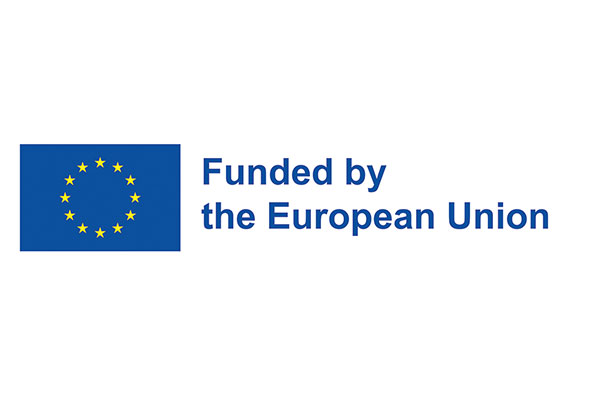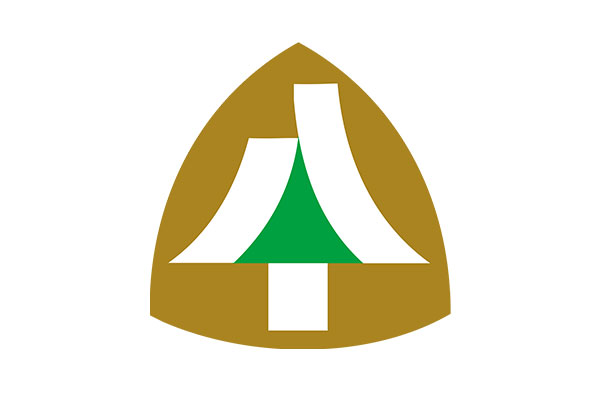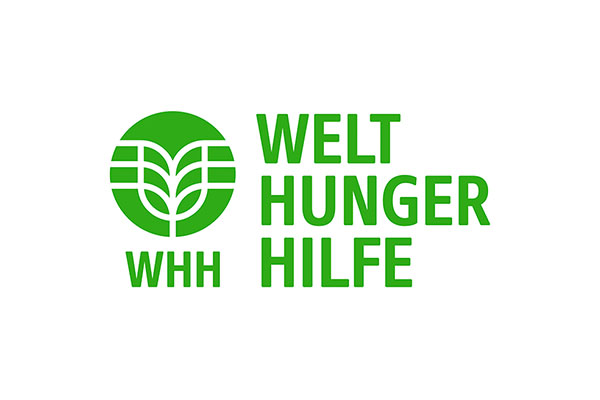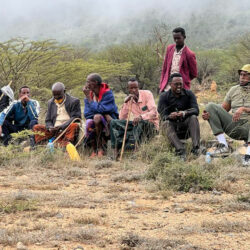Future Farmers of Africa in Somaliland – Partnerships in Conservation
-

- by Indrani Sasmal February 28, 2023
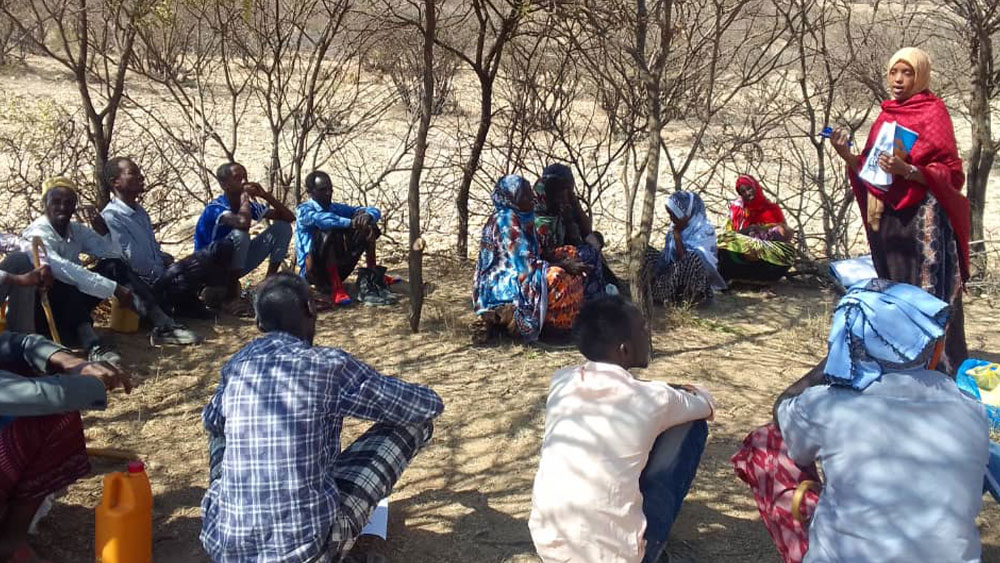
Conservation efforts are essential to ensure the survival and proliferation of wildlife; we need to create a sustainable future for our planet. In Somaliland, the illegal removal of cheetahs from the landscape has been a significant concern, prompting a collaboration between CCF, Deutsche Welthungerhilfe e.V. (WHH), and the European Union.
WHH is a non-profit organization that has been working towards ending hunger and poverty worldwide for over 60 years. CCF has partnered with WHH to develop governance structures in Somaliland to address the illegal removal of cheetahs and promote their protection. Together, we are demonstrating our commitment to the conservation of wildlife by addressing human-wildlife conflict while working to support sustainable livelihood development in Africa.
The European Union, known for promoting peace, prosperity, and human rights worldwide, has awarded a two-year (2022-2024) grant to CCF and WHH for our project in Somaliland. This grant is a significant recognition of the essential work being done to protect cheetahs while promoting sustainable farming practices in the region.
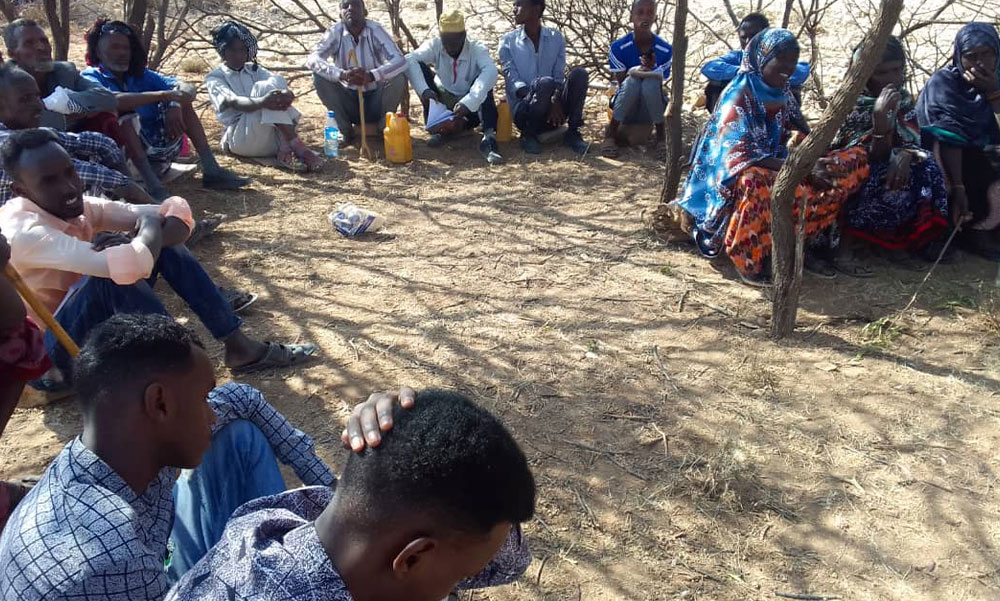
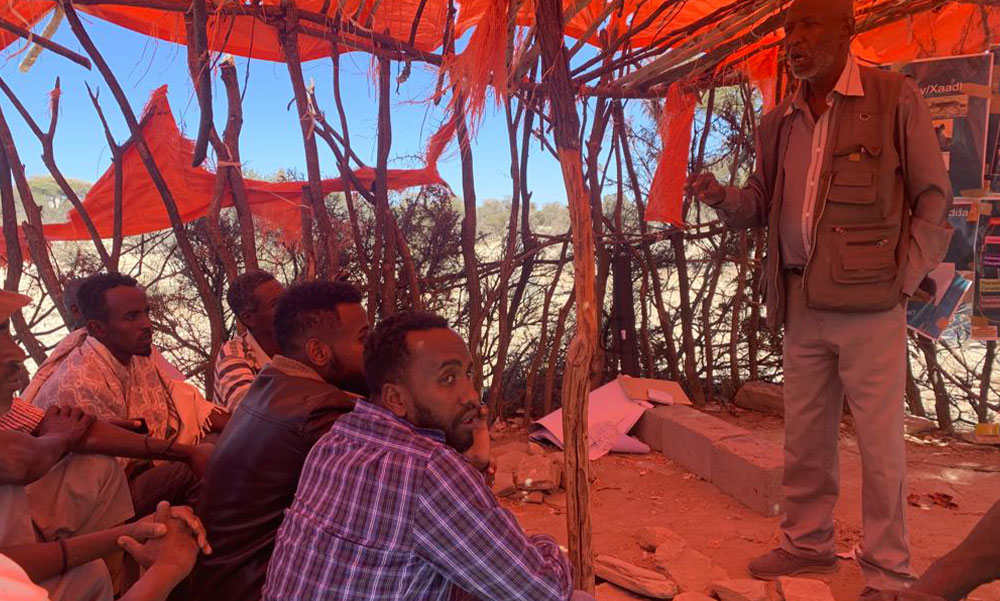
The project aims to introduce sustainable, ecosystems-based livelihoods (beekeeping); sustainable water supply; awareness-raising regarding the intersection of natural resource management and livelihoods; Future Farmer of Africa (FFA) program for human-wildlife conflict (HWC) prevention and resolution. The project is focused on two regions where the majority of cheetah confiscations take place. The Taiwan Forestry Bureau also funded our FFA work as we began our workshops in February. So far we’ve met with several groups of local farmers to share the knowledge and skills they need to improve their livelihoods through predator-friendly, sustainable farming practices.
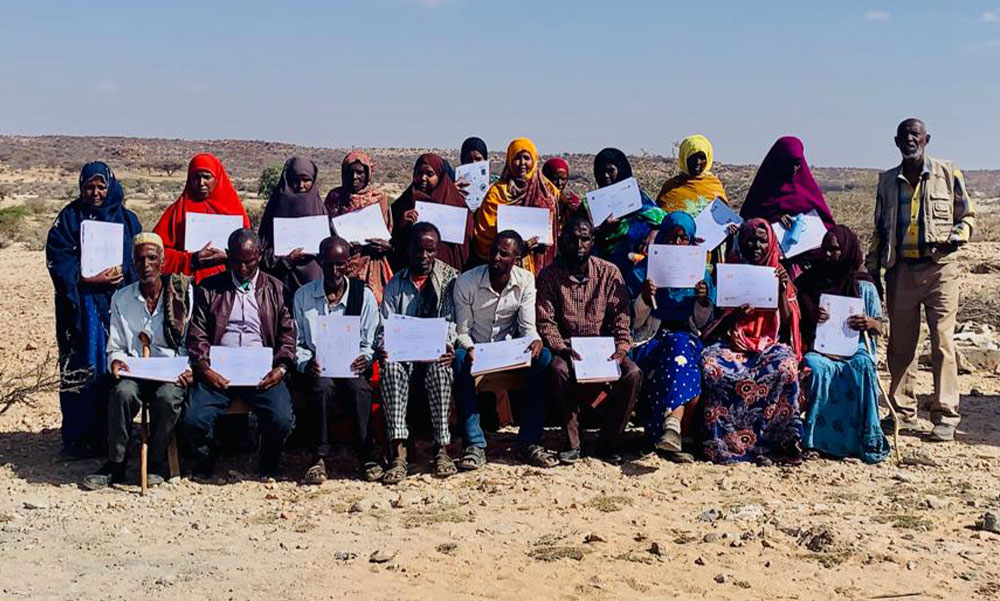

The project will also benefit the Somaliland national wildlife and environmental institutions and decision makers through technical capacity-building, coordination strengthening; monitoring and auditing support; establishment of communications channels with community-level actors on specific issues; relevant training for parliamentarians and law enforcement. CCF has sub-contracted Legal Atlas and a Somaliland-based attorney to address the legal component of the project.
We will merge established anti-trafficking and area protection methodologies to achieve a sustainable reduction of wildlife trafficking and forest crime and mutual reinforcement of rural livelihoods and conservation in Somaliland. The overall objective is to contribute to eradicating hunger and poverty worldwide and saving cheetahs in the wild.
We conducted baseline survey data collection and more FFA training workshops are scheduled to occur in the identified communities. By providing local communities with the tools they need to protect cheetahs and manage environmental issues within the framework of the law, we can help to ensure the survival of these magnificent creatures for generations to come.
We are incredibly thankful for the financial support provided by the grants from the European Union and the Taiwan Forestry Bureau. Our collaboration with WHH, serves as a shining example of how partnerships in conservation are helping organizations to work together toward common goals. We can collaboratively contribute to our mission of saving cheetahs in the wild while eradicating hunger and poverty worldwide. The benefits of this project are numerous, and it will have a lasting impact on the communities, parliamentarians, and community leaders of Somaliland.

Related Reading
-
January 20, 2024
Safeguarding Biodiversity with an Updated Conservation Bill
